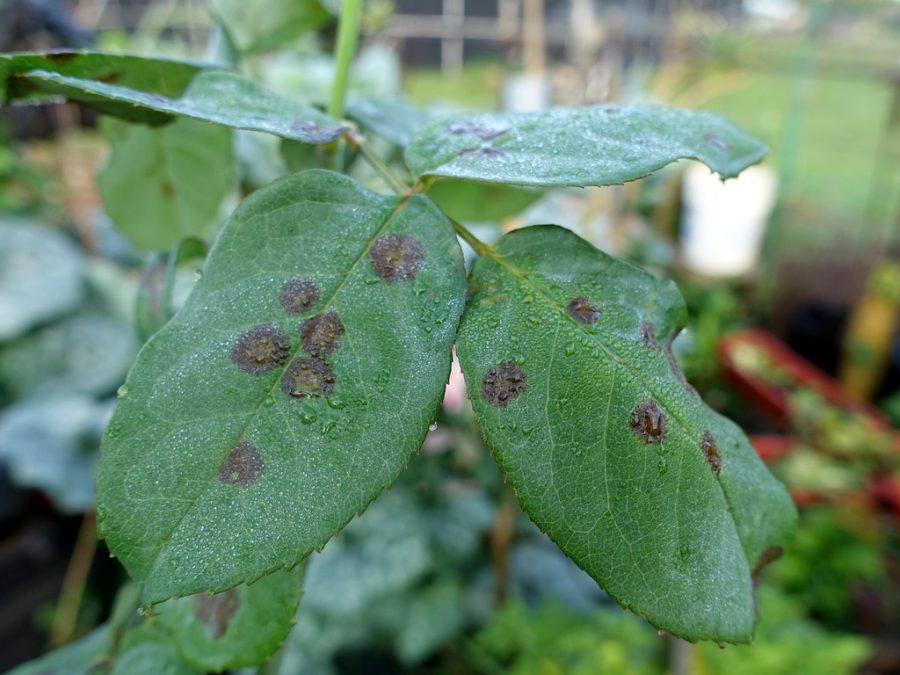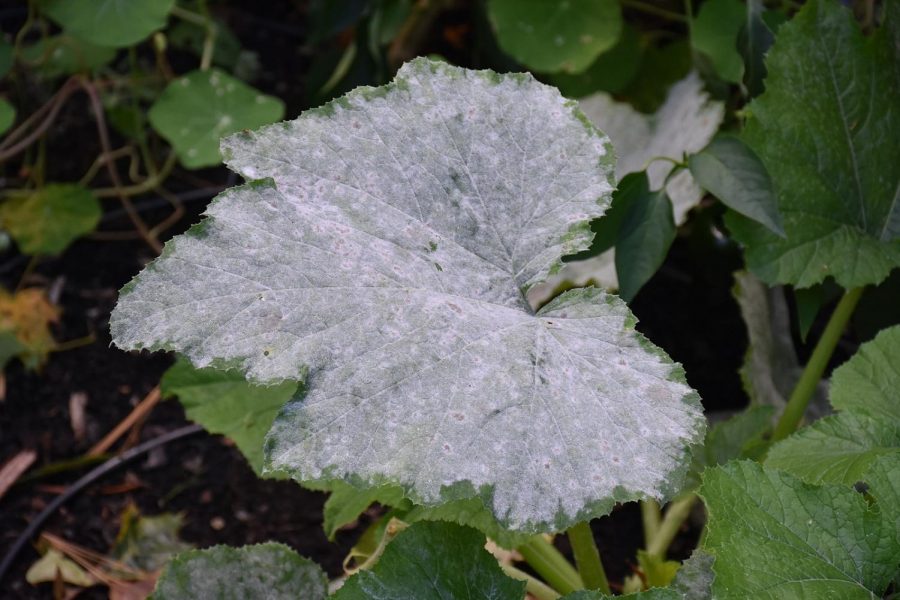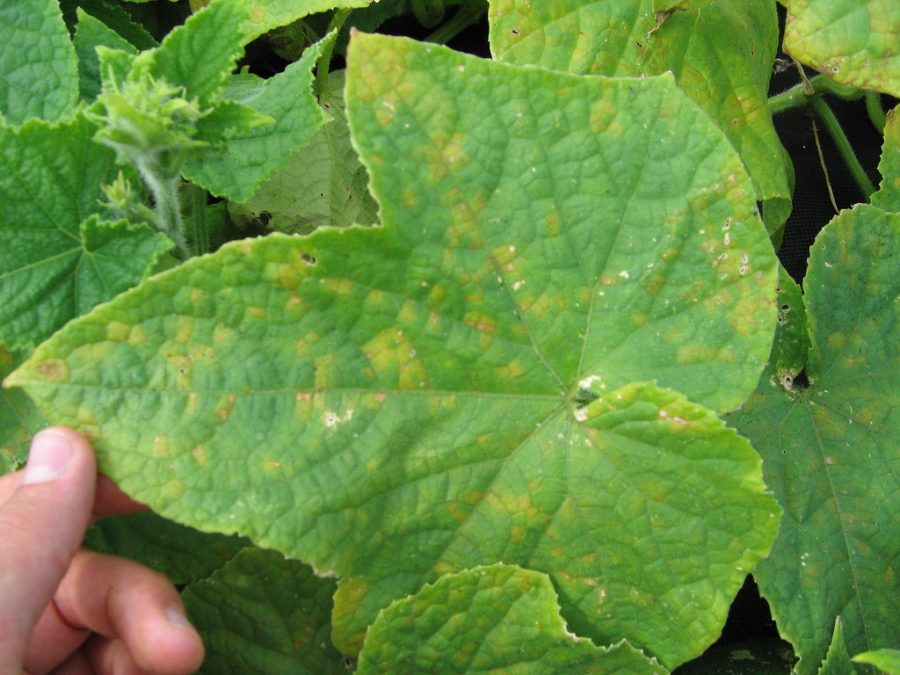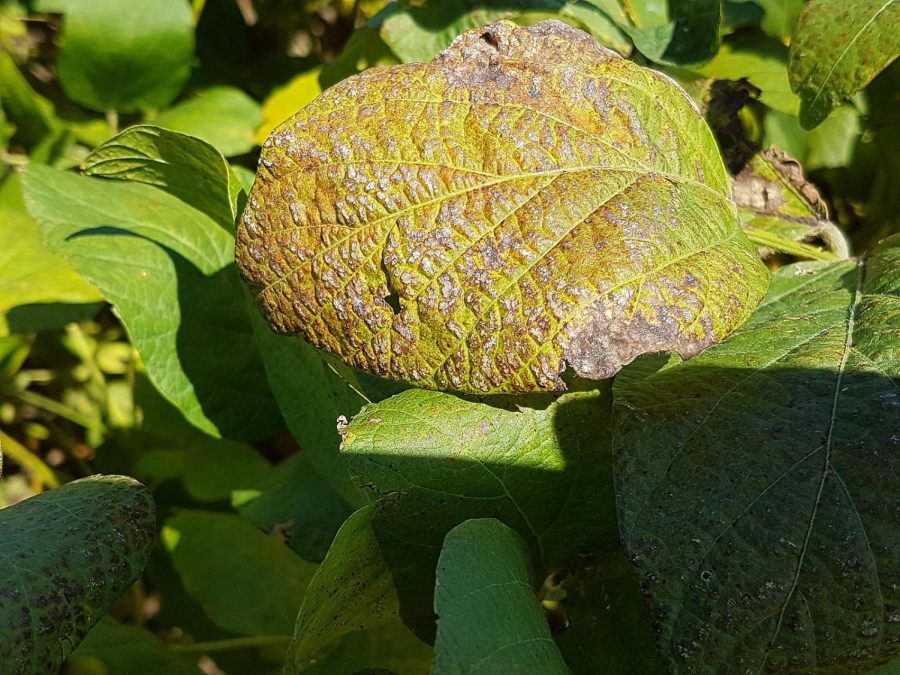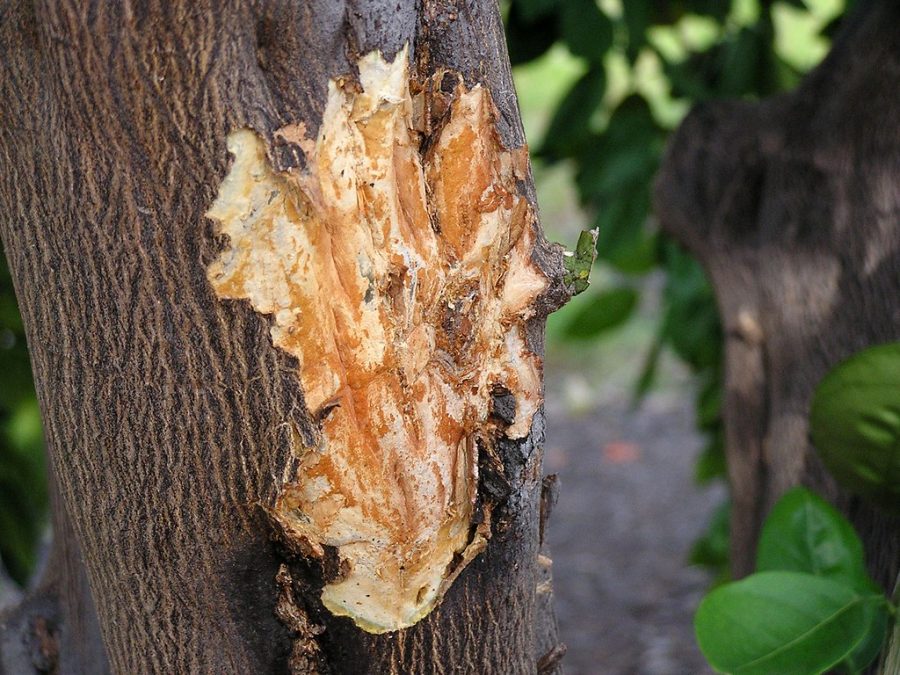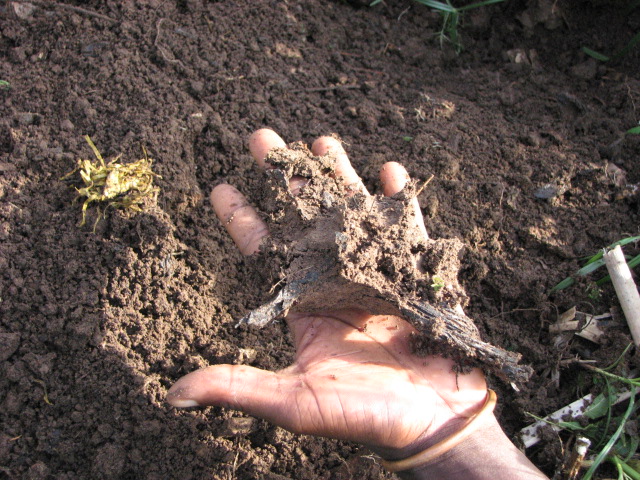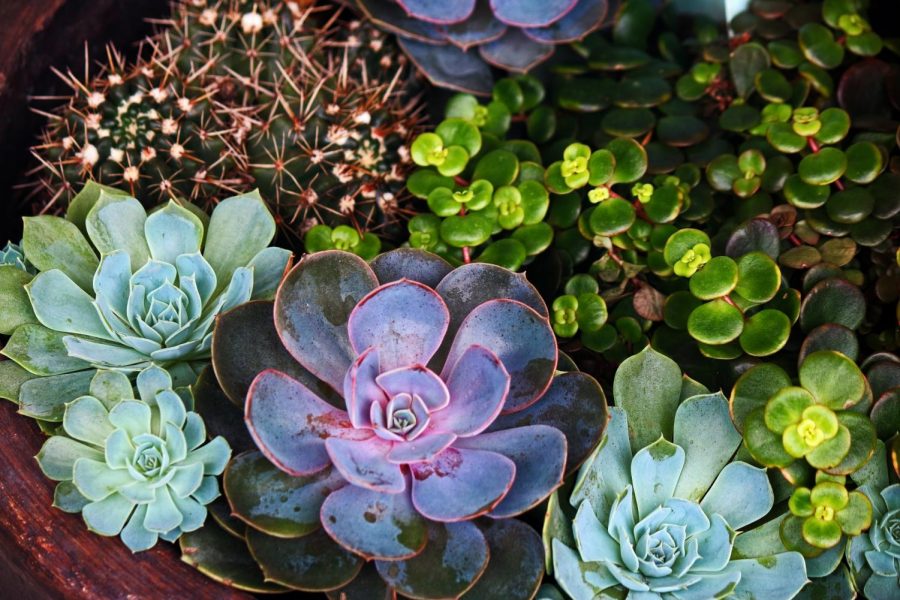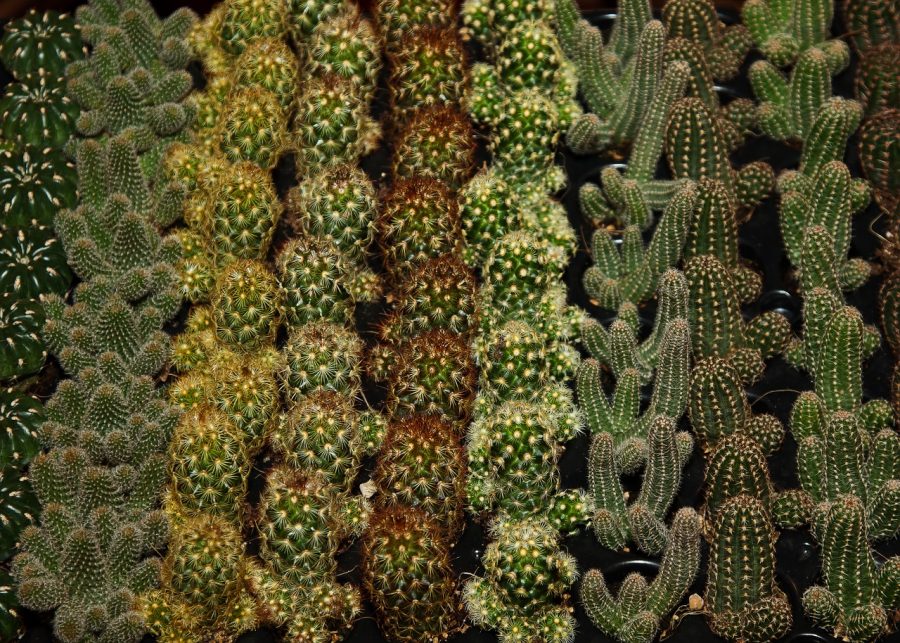Green Flower Plant Varieties Sting Cactus / https://www.maxpixel.net/photo-1201409 / CC0
Plants can fall victim to a host of plant diseases from poor treatment. To keep plants healthy and alive, it is essential to provide them with proper care and identify and treat diseases if they arise.
The root of the problem
When that first foliage turns brown on your potted plant or when the leaves on your succulent start molding, you realize there is a problem. Having a plant die on your hands always hurts. While it may seem like you are the worst plant parent in the world, it is probably only a matter of not knowing exactly what is going on.
It can be difficult to realize what went wrong and how you can further help your plant baby. Here are some tips on how to protect your plants.
So, what exactly is a plant disease? One definition is an aberrant physiological process that disrupts a plant’s normal structure, growth, function, or other activities.
“When people are sick, they have symptoms like dizziness, temperature, or nausea. From these symptoms, you can find out what is wrong. Similar with plants, you need to see the symptoms first to figure out the causes,” said Lana Dubrovsky, one of the founders of AL&L Crop Solutions.
AL&L Crop Solutions is an agricultural service in Solano County, California. In September 2009, two female scientists, Dubrovsky and Anna-Liisa Fabritius, founded AL&L with the goal of establishing a plant pathology laboratory that would combine their expertise to give the finest scientific results for their clients.
They are committed to delivering plant disease diagnostic services to the agriculture businesses of California and other states.
AL&L specializes in grapevine disease testing and offers a variety of pathogen testing options for all other crops including alfalfa hay, woody perennials, fruit and nut trees, berries, cannabis, and soil testing.
Their lab has the most advanced detection for GMOs and other pathogens in the industry.
“When clients bring us plant samples, they have no idea what is going on inside because there can be a lot of symptoms. It is our job to find out exactly which diseases those symptoms are pointing to,” said Dubrovsky.
According to Michigan State University Extension, diseases are either biotic or abiotic. Biotic diseases are fungal, bacterial, viral, or nematodes. Abiotic diseases are caused by environmental factors, for example, soil health, sun, wind, frost, or a dramatic change in weather conditions.
The majority of diseases we encounter are fungal, which are organisms that belong to the fungi family.
Most vegetable plants are killed by fungal infections that cause stress in the plants. They can be found on plant leaves, stems, and roots.
Leaf spot, powdery mildew, black spot, root rot, sooty mold, blight, and rusts are all members of this group.
Bacterial diseases spread quickly in response to changes in the environment.
Since it is tough to tell the difference between fungal and bacterial infections, you have to factor in environmental conditions when determining the disease type on your plants.
Bacterial diseases impact the entire plant and enter through root, stem, branch, and leaf damage.
Black rot, bacterial wilt, bacterial blight, and leaf spot are all included in this category.
Viral diseases are transmitted to plants through a carrier. A chewing insect that has eaten the plant’s leaf is one example. Considering viral infections aren’t apparent to the naked eye, identification is based on the damage they do to plants rather than the virus itself.
Viral diseases infect all parts of the plant, entering through root, stem, branch, and leaf damage. Leaf curl, wilt, and mosaic virus are among them.
Nematodes are small soil-dwelling worms that are invisible to the human eye.
They feed on plant roots and cause issues with foliage and plant stem growth, primarily in the Solanaceae family, which includes tomato, eggplant, capsicum, and potato.
